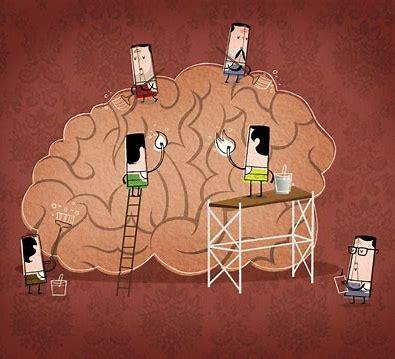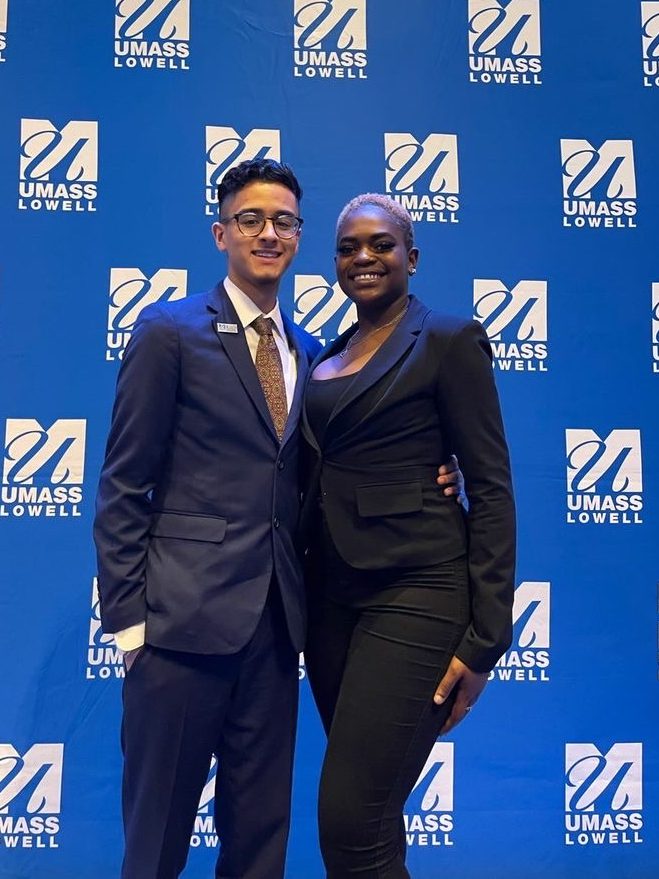By: Casey Tiernan, Zuckerberg College of Health Sciences Well-being Leader

Are you ready for the warm spring weather? Me too! One thing I love about the upcoming Spring season is doing a clean out to start fresh. Spring cleaning is important and can positively impact your well-being!
Spring cleaning can help reduce stress, increase productivity, and lead to better focus. Cluttered areas tend to spike stress levels which I can definitely say I’ve dealt with. When my room is messy, I feel overwhelmed and push off my tasks. It also puts me in an agitated, depressed mood. According to an article, “the process of sorting through items, reorganizing, and getting rid of excess items can be mentally refreshing and liberating” (Akers). I feel so refreshed after going through all my clothes because I don’t wear half of them and they just pile in my closet making me feel very stressed every morning. Clutter has significant effects on your ability to focus and be productive. When you are less distracted by chaos surrounding your area, you can free up mental space that can allow for greater concentration on tasks. A tidy, fresh smelling environment can naturally boost endorphins in the brain and improve energy levels (Berzin). I have seen improvements in my productivity once I cleaned up my room where I tend to do most of my schoolwork.
You can also do a spring cleaning of your mind. For me, this looks like a break from social media and spending time with myself and my well-being. I like to do self care such as my skin care, reading, and taking walks in the newly Spring weather. This can look different for everyone but it is important to ‘clean your mind’ of any winter blues.
A clean environment also leads to a number of health benefits as it can strengthen your immune system and help avoid illnesses. Nobody wants to be sick when the warm weather comes! Clean homes can help you breathe better by preventing respiratory issues and supporting a healthy immune system. My nose is prone to get stuffy often from dust, so I make sure to do a deep spring-cleaning wiping down every area in my room followed by vacuuming the floor. “Dust, mold, mildew, pet fur, etc. can trigger people who are prone to allergies” (Akers). Another way I clean my area is by washing all my sheets and bedding because I love sleeping on fresh sheets. It feels amazing when you put on fresh, warm sheets that smell good, it’s rejuvenating and can promote a good night’s sleep.
Spring cleaning has the power to motivate us to reset or try out a healthier lifestyle. Studies have shown there is a correlation between keeping a clean environment and being active and choosing healthier food options (Akers). When the warm weather comes, I love to open my windows to take in some fresh air, which then leads me to want to go outside and walk. Taking a brisk walk outside is great for your physical health and allows you to be active. Exercise lowers the risk for development of many chronic diseases. Cleaning your home just by 30 minutes of vacuuming can burn up to 111 calories for men and 94 for women (Berzin). Being active and eating right help reduce the risk of injury as well. A clean environment can help prevent injuries such as tripping over cluttered spaces as well as preventing a fire hazard.
I have started my countdown for Spring because I am ready to declutter my space and improve my well-being. Overall, cleaning encourages a healthier lifestyle. Will you join for a spring cleaning?

https://www.healthline.com/health-news/5-health-benefits-of-spring-cleaning
https://www.parsleyhealth.com/blog/health-benefits-spring-cleaning/

